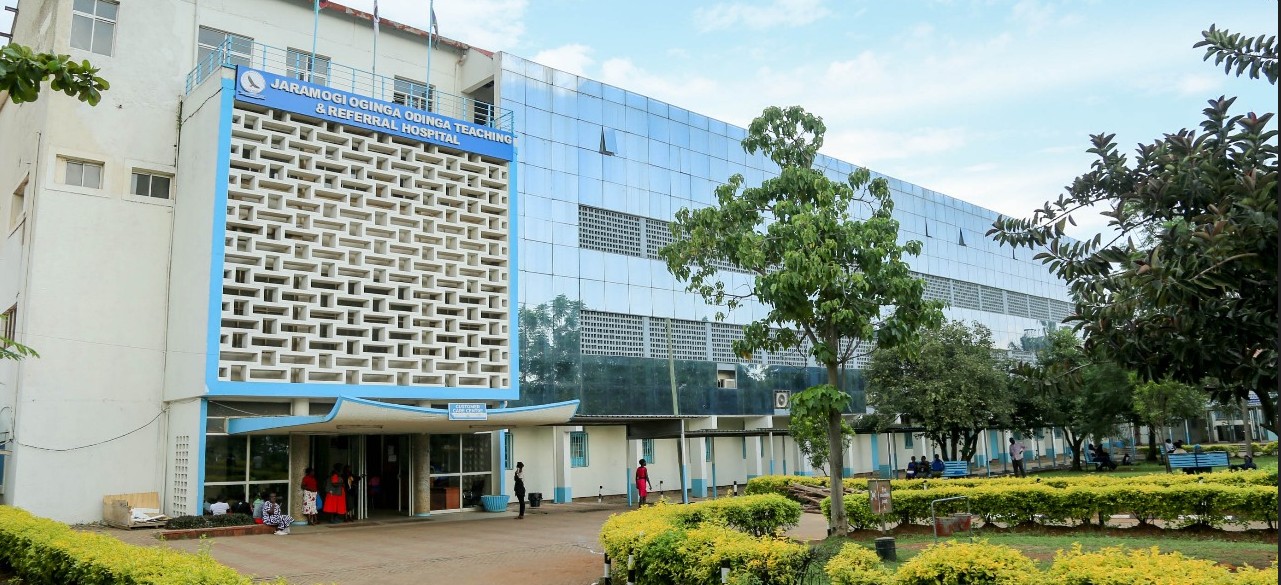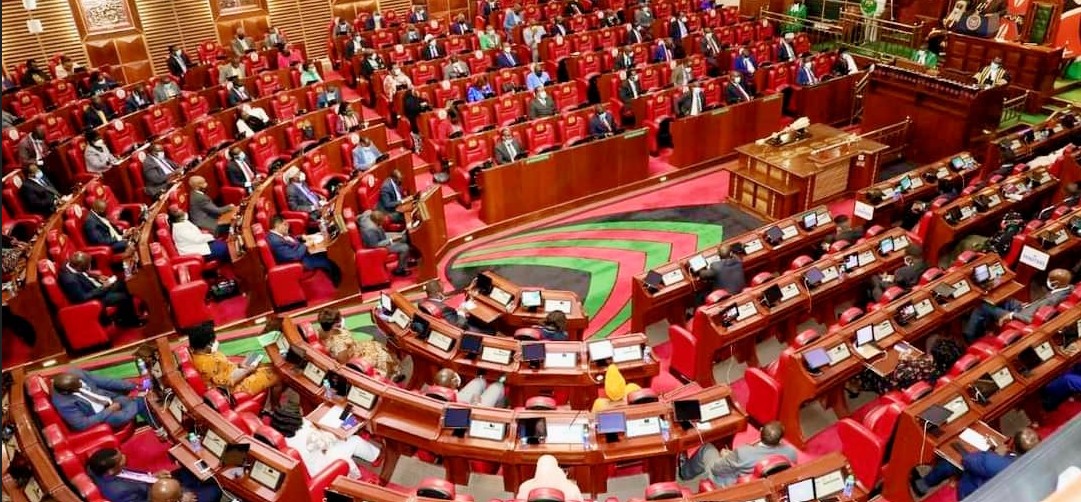African firms trailing in use of digital tech for business growth - IFC study

Several ongoing challenges hinder the full adoption of digital technologies, among them the high cost of equipment in Sub-Saharan Africa.
Less than one in three firms that have adopted digital technologies make intensive use of them for business purposes, despite evidence that it is positively associated with productivity, according to a report from the International Finance Corporation (IFC).
The report, based on nationally representative data from Kenya, Burkina Faso, Ethiopia, Ghana, Malawi, and Senegal, indicates that 86 per cent of firms with five or more employees have access to digital enablers like mobile phones, computers, or the internet.
More To Read
- Experts warn developing nations’ debt burden denies millions essential services
- AU launches 10-year initiative to improve education in Africa
- Global tech firms drive major overhaul of East Africa's physical security infrastructure
- Power drives global affairs today, not rules – What Africa’s strategies should be
- Africa has achieved only 4 per cent of Vision 2030 SDGs target - lobby
- East Africa to power Africa’s growth in 2024 despite headwinds
However, only 24 per cent use these technologies intensively for business functions such as administration, planning, sales, and payments. A notable 23 per cent of digitally enabled firms do not utilise these technologies for productive tasks at all, while 39 per cent use them only sporadically.
Several ongoing challenges hinder the full adoption of digital technologies, according to the "Digital Opportunities in African Businesses" report that the IFC launched in Kigali, Rwanda, during the 2024 Africa CEO Forum that took place on May 16- 17.
Machinery and equipment in Sub-Saharan Africa are 35–39 per cent more expensive than in the United States and 13–15 per cent pricier in North Africa.
Also, essential components for technology adoption, such as digital infrastructure, reliable electricity, and skilled workers, are relatively scarce and costly in Africa compared to other regions.
The financial constraints facing African businesses are also significant. The report highlights a higher rejection rate for loan applications from African firms seeking to upgrade their technology than businesses in other regions, further stymieing their growth potential.
Further, digital literacy presents a formidable barrier.
“In Africa, we need software engineers, IT specialists, math, and science graduates. There is a scarcity of people in these industries, which constrains development,” Susan Lund, IFC’s Vice President for Economics and Private Sector Development, said in an interview with African Business.
Infrastructure remains another critical issue.
According to the World Bank, half of Africa’s population—approximately 600 million people—lacks access to electrification. Despite these challenges, the report points to positive developments, such as the arrival of new submarine cables expected to expand internet access and lower broadband costs across the continent.
The IFC estimates that this enhanced connectivity could lead to a 10–11 oer cent annual decrease in broadband prices, but achieving this will require up to $6 billion of investment in middle- and last-mile infrastructure annually.
The report emphasises the crucial role of African governments in overcoming these barriers. Regulatory reforms promoting competition and a level playing field for businesses are vital to attracting investments and encouraging foreign participation.
In Africa, the potential market for digital services and infrastructure is vast, with over 600,000 formal businesses and 40 million microbusinesses poised to benefit substantially from digital processes and services.
Lund emphasised the importance of digital adoption for long-term economic growth and poverty reduction.
“We find that at every step of digital integration, businesses become more productive [and] revenues grow faster. The businesses [also] employ more people and pay higher wages, so when you think about long-term growth and bringing people out of poverty, digital adoption is really important.”
The report suggests that if digitalisation doesn't encompass microbusinesses and informal businesses, which make up the majority of employment in Africa, its economic impact may be limited.
Currently, seven in 10 African workers are self-employed, and most employment is informal.
The full digital integration of both formal firms and micro and informal businesses could potentially enable about 15 per cent of all workers to transition from manual systems to digital technologies, significantly enhancing productivity and economic growth.
Top Stories Today














































